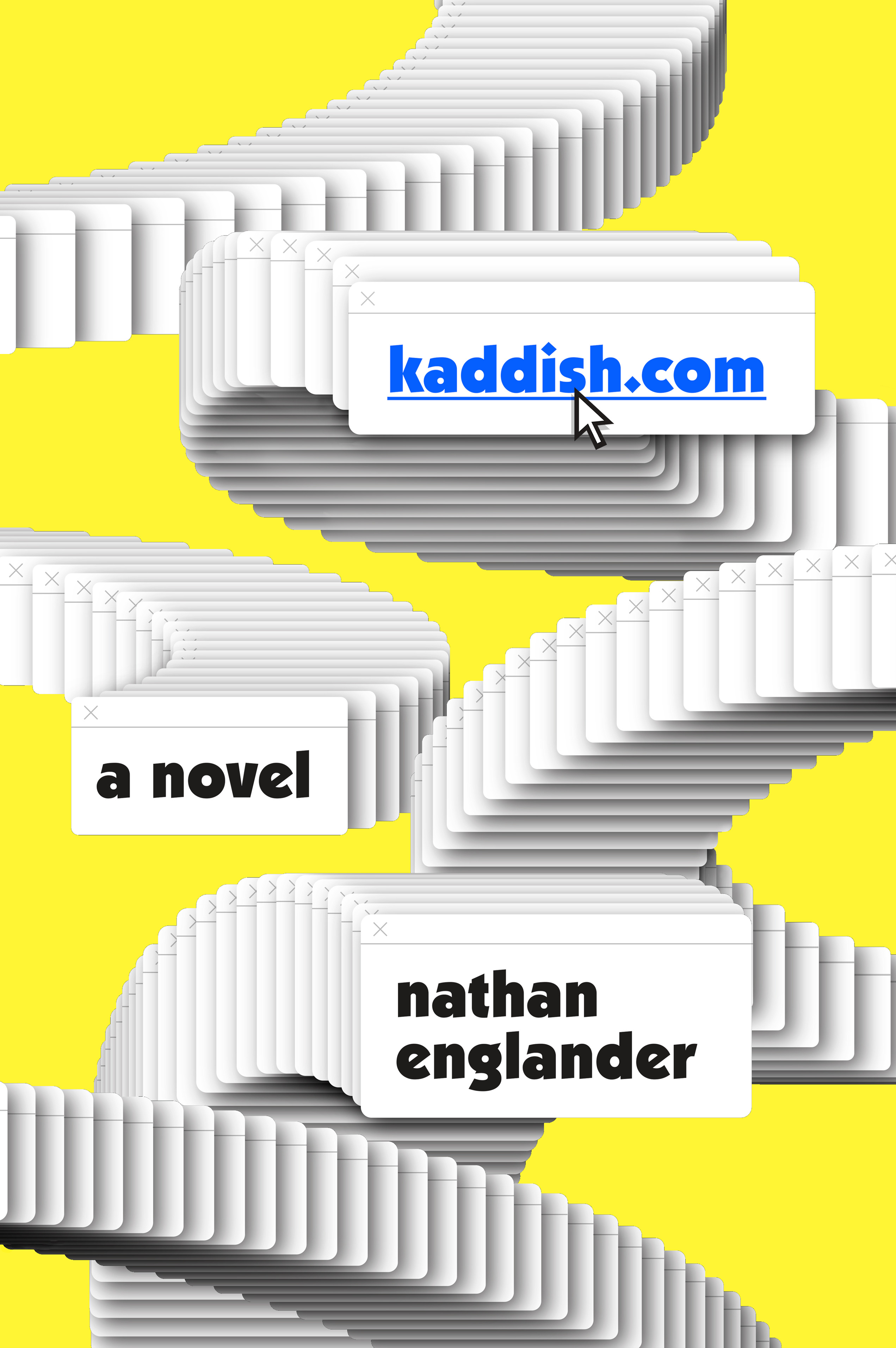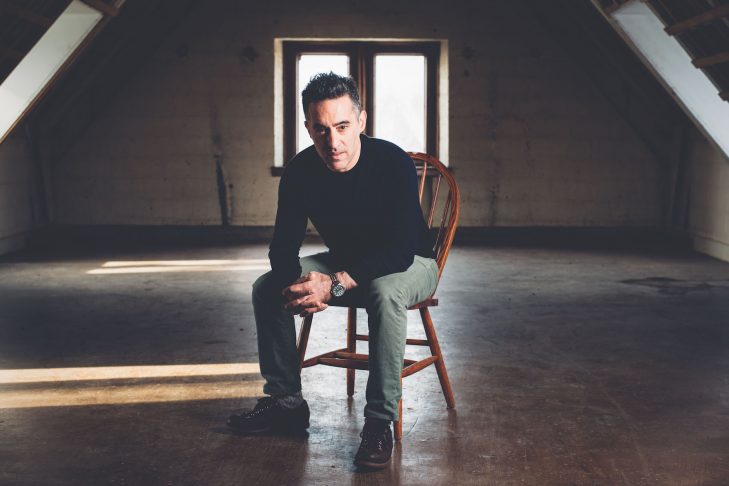In his new novel “kaddish.com,” Nathan Englander returns to his home turf—the world of Orthodox Judaism. The first part of Englander’s well honed, very funny and poignant book reads like an extended short story. Englander won The PEN/Malamud Award for Excellence in the Short Story for his first collection of short fiction, “For the Relief of Unbearable Urges,” when he was just shy of 30. He was the youngest-ever winner—an honor that typically acknowledges a lifetime achievement in the literary arts. Englander’s second collection of stories, “What We Talk About When We Talk About Anne Frank,” was a finalist for the Pulitzer Prize, announcing him as a force in modern Jewish American literature.
The first half of “kaddish.com” carries Englander’s imprint as a short story writer. It takes place two decades before the latter part of the book where the action picks up. The book opens on a scene in which Larry’s father has just died and Larry sits shiva with his Orthodox family in Memphis. Larry, the black sheep of the family, lives in Brooklyn, where he has gone “off the path” of religious observance. In Memphis, his family forces him to go through the motions of traditional Jewish mourning. His sister insists that as their father’s only surviving son, Larry must go forward with saying the Mourner’s Kaddish every day, three times a day, for 11 months.
Related
Larry deliberately outsources his obligation to say the Kaddish for his father to a yeshiva student named Chemi, whom he finds on an app called kaddish.com. It’s “the JDate for the dead,” he quips. Larry quickly signs up to what amounts to a modern-day version of selling his birthright.

In the second half of the book, the reader catches up with Larry, who is Orthodox again and goes by the name of Shuli, short for Shaul. Shuli is a married father of two and a pious teacher of Talmud at an all-boys yeshiva in Brooklyn. He navigates the common ground between angry apostate and fervently religious, and unwittingly embraces both identities in all their complexities.
Nevertheless, Shuli comes to have a good life, a settled life, until he encounters a young pupil of his who refuses to observe his own father’s death by saying the Mourner’s Kaddish. The boy’s behavior obsesses Shuli, and his decision to find a proxy to say the Kaddish for his father all those years ago haunts him all over again. Although he did not technically sin—one can subcontract the recitation of the Kaddish to a pious man—Shuli is determined to make sure things are in order with his father’s soul.
Englander skillfully wields the lore and fantasy traditionally associated with the Kaddish, reflecting a mixture of Shuli’s piety and naïveté. Shuli worries whether his father has reached heaven on the breath of Chemi’s Kaddish. He wonders if Chemi, who said the Mourner’s Kaddish so faithfully for Shuli’s father for almost a year, is now his true son. These persistent questions send Shuli down a rabbit hole looking for Chemi at his Jerusalem yeshiva.
Shuli’s quest is more than a grand gesture of straightforward atonement. It’s a larger examination of the choices that set a life on a course of unforeseen twists and turns. It’s tempting to describe “kaddish.com” as simply a hybrid of Jewish comedic genius and Jewish American literary sensibility. But there is much to reflect on in Englander’s excellent dissection of Jewish families, Orthodox tradition, Jewish assimilation and the ways in which faith and hope are inevitably intertwined.





